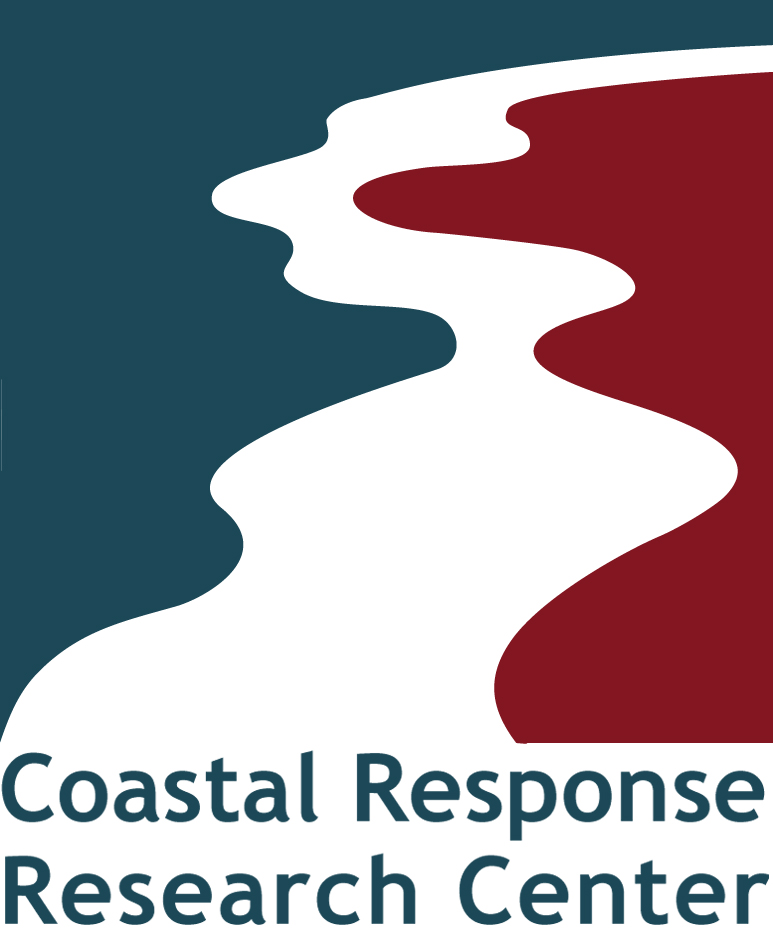Abstract
On December 12-13, 2023, the U.S. Department of Defense (USDOD) Ted Stevens Center for Arctic Security Studies (TSC) held a workshop at the University of New Hampshire (UNH) entitled the North Atlantic Arctic Crisis Workshop (NAACW). The workshop was facilitated by the UNH Center for Spills and Environmental Hazards (CSE) which is co-located with NOAA’s Coastal Response Research Center (CRRC). Many workshops have been held to address security issues in the Bering, Beaufort, and Chukchi Seas, but few have focused on the North Atlantic Arctic (NAA), though there are many potential climate change, infrastructure and environment-related challenges that could arise (e.g., severe storms, vessel accidents, security breaches) and trigger cascading issues (e.g., public health crisis, community isolation, natural resource damage).
The TSC hosted the NAACW as a first step to: enable dialogue to advance the understanding of crisis response in the NAA as an element of security in strategic competition; strengthen networks for mutually supportive research and collaboration across the U.S. agencies, Allies, and Indigenous Peoples; identify policy gaps in U.S. authorities and international agreements to respond to a crisis in the NAA; identify the knowledge gaps, capability gaps, and capacity shortfalls to respond to a crisis in the NAA; and identify questions for future TSC research. This report details the structure of the workshop, plenary overview, and crisis scenarios discussed in the Tabletop Exercise (TTX) and summarizes the findings including the gaps identified for future TSC efforts/research. The appendices contain the agenda, participant lists, presentations, maps and summary notes from the breakout groups and plenary sessions. Other information and documents available include the NAACW 2023 Exercise Design Summary, the Legal/Policy Guidance and discussions based TTX materials.
Four breakout groups were formed and the workshop participants in each one answered several questions regarding their assigned scenario (i.e., Baffin Island Missing Expedition and Flooding/Infrastructure/Public Health Issues; Cruise Ship Rescue; Svalbard Undersea Cable Threat; West Coast Greenland Disaster). The participants agreed on 18 key points and 12 overarching themes regarding potential response to crises in the North Atlantic Arctic. Future efforts need to focus on: (1) better integration of Western science and Indigenous knowledge as part of the planning process so that these perspectives can be incorporated as seamlessly as possible into crisis response, resilience, and recovery; (2) multinational approaches, especially those that blend culture, and Indigenous and military activity to insure a unified front and careful management and pre-planning; (3) exercises that emphasize planning and preparedness for a variety of possible climate change related crises that go “deeper” into challenges and levels of security needed; (4) greater appreciation of the strategic competition and looming potential for a conflict with Russia and China in the Arctic; and (5) incorporation of other players in these discussions (e.g., Greenlandic Indigenous Peoples, Icelandic representatives).
Publication Date
7-2024
Document Type
Article
Recommended Citation
Coastal Response Research Center/Center for Spills & Environmental Hazards (CRRC/CSE), UNH Department of Security Studies and the New England Arctic Network (NEAN), and Ted Stevens Center for Arctic Security Studies, "North Atlantic Arctic Crisis Workshop (NAACW)" (2024). Coastal Response Research Center. 37.
https://scholars.unh.edu/crrc/37

